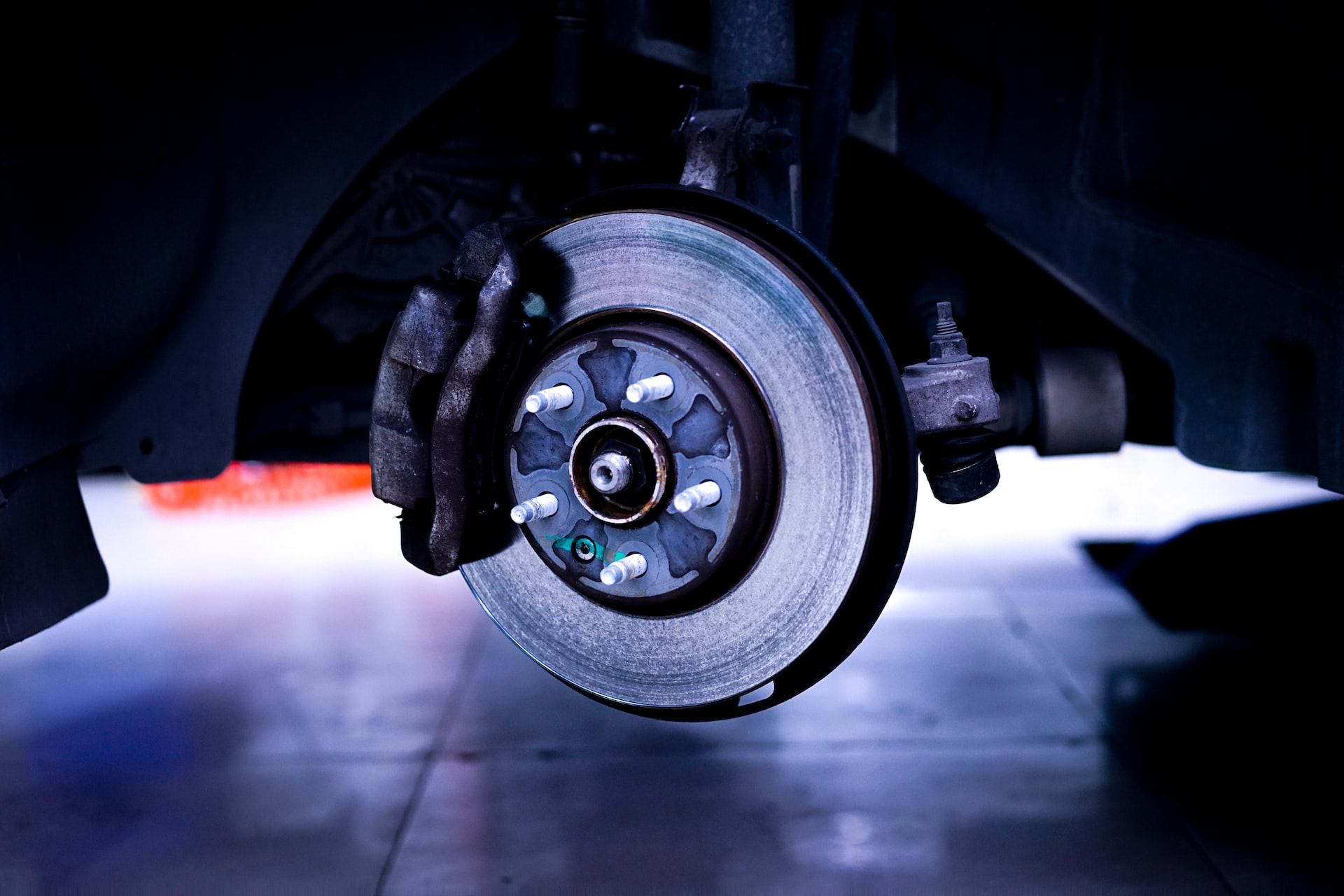Are your brakes trying to tell you something? Every time you hit the road, your vehicle’s brake system plays a crucial role in ensuring your safety and the safety of others on the road.
Brake repair isn’t just about fixing visible issues; it involves a comprehensive inspection to ensure your entire braking system is functioning optimally. The brakes are a complex assembly of components, including brake pads, rotors, calipers, brake fluid, and more. Regular wear and tear requires brake replacement, to bring up an uncompromising ability of your vehicle.
Why Choose Xavier’s Auto Center for Brake Repair in Philadelphia?
- Skilled Brake Mechanics: Xavier’s Auto Center is renowned for its brake mechanics. Our ASE-certified professionals provide precise and competent brake service.
- Complete Brake Services: We provide advanced brake system repairs in addition to routine brake service and brake changes at our brake shop. We are your one-stop brake shop because we provide comprehensive brake repair services.
- Open and Honest Methodology: We communicate honestly about brake repair. After delivering a detailed estimate and explanation of your braking difficulties, our staff must get your consent before starting repairs. No hidden fees, just honest service.
- Quality Brake Components: We prioritize brake replacement parts that exceed industry requirements. We ensure the endurance and effectiveness of your braking system by using high-quality components, delivering a safe and reliable driving experience.

Benefits of Regular Brake Service
- Enhanced Safety: Brake pads, rotors, and calipers are maintained via regular brake service, improving safety. This proactive method dramatically minimizes brake failure risk, improving road safety.
- Extended Brake System Life: Like any mechanical system, the braking system wears out. Regular brake repair service detects and fixes problems before they worsen, extending brake component life.
- Improved Performance: Routine brake repair or brake change maintains ideal brake fluid levels, heat dissipation, and component integrity. This makes the car handle better, react faster to driver inputs, and be more pleasant to drive.
- Cost Savings: Early brake repairs prevent significant issues from becoming costly. Well-maintained brake components imply fewer brake replacements, saving money over time.
Brake Repair Near Me
For the safety and functionality of your car, choosing a reputable brake shop in your area is essential when it comes to brake repair. Look no further than Xavier’s Auto Center if you’re looking for an expert auto repair service or a dependable brake mechanic in your area. With our handy location in Philadelphia, Pennsylvania, Xavier’s Auto Center is simple to find for anyone looking for “brake service near me.” Given our accessible central location, you can get in touch with us promptly and have your brakes tested, fixed, or changed without having to wait around for long.
Choosing the right brake mechanics for your brake repair is paramount to the safety and performance of your vehicle. In a world where misinformation can lead to costly mistakes, having reliable experts like Xavier’s Auto Center becomes crucial for your peace of mind on the road.
When it comes to brake repair, you don’t want just any brake shop; you want a team of brake mechanics who prioritize your safety and provide accurate guidance. Xavier’s Auto Center stands out as the go-to destination for brake service near you.
